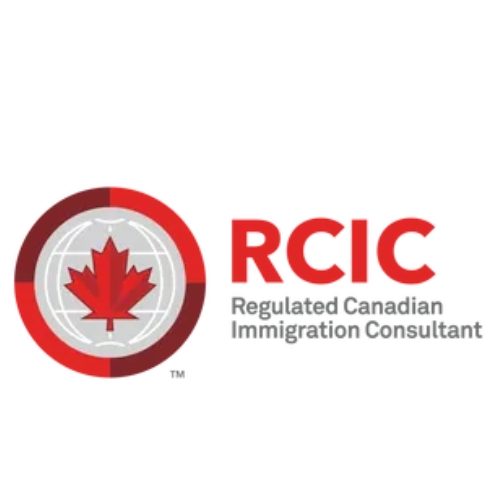Understanding Designated Employers: Criteria, Roles, and Responsibilities (RCIC & FCIC)

The Rural Community Immigration Class (RCIC) and Francophone Community Immigration Class (FCIC) are pivotal programs in Canada’s immigration framework, designed to attract skilled foreign workers to smaller communities. Central to these programs are designated employers, whose role is instrumental in bridging the gap between immigration and local economic needs. This blog delves into the criteria, roles, and responsibilities of designated employers under these programs and how they contribute to fostering economic growth in rural communities.
Who Are Designated Employers?
Designated employers are businesses or organizations authorized under the RCIC and FCIC programs to offer eligible jobs leading to recommendations for PR. These employers play a crucial role in aligning the skills of immigrants with labor market demands in rural communities.
Eligibility Criteria for Designated Employers
To become a designated employer, businesses must meet specific criteria, ensuring they contribute to the program’s objectives of economic growth and workforce development. Key eligibility requirements include:
- Active Operation: The employer must be actively engaged in business operations within the designated community for at least two years. Alternatively, if relocating to the community, the business must demonstrate a substantial economic contribution.
- Alignment with Priority Occupations: The employer’s operations must relate to priority occupations identified by local economic development organizations (EDOs) to meet critical labor shortages.
- Compliance with Employment Standards: The employer must adhere to federal and provincial employment standards, including occupational health and safety regulations.
- Training Completion:
- Intercultural Competency Training: Ensures the employer is prepared to work effectively with a diverse workforce.
- Onboarding Training: Familiarizes the employer with program guidelines and responsibilities.
- Settlement Support Commitment: Employers must assist in the settlement of foreign workers and their families, facilitating access to housing, language training, and social services.
- Prohibition on Charging Fees: Employers cannot charge foreign workers for recruitment, application, or placement fees, ensuring ethical hiring practices.
Roles of Designated Employers
Designated employers are more than just recruiters. Their roles extend to:
- Workforce Integration: Ensuring foreign workers are effectively integrated into the workplace and community.
- Economic Development: Contributing to the economic vitality of rural communities by filling labor shortages and stimulating local businesses.
- Community Collaboration: Partnering with local EDOs and settlement organizations to ensure immigrants’ long-term success.
Responsibilities of Designated Employers
To maintain their designation, employers must:
- Provide Genuine Job Offers: Offers must meet program requirements, including full-time, non-seasonal employment with wages aligning with local standards.
- Support Workers’ Settlement: Assist workers and their families in accessing housing, education, and other community resources.
- Ensure Compliance: Adhere to program rules and federal/provincial laws related to employment and recruitment.
- Avoid Misrepresentation: Maintain transparency in all dealings, including recruitment, application, and employment processes.
The Impact of Designated Employers on Economic Growth
Designated employers are vital to the success of the RCIC and FCIC programs. Their impact includes:
- Filling Critical Labor Gaps: By hiring skilled immigrants, employers address workforce shortages in industries like healthcare, agriculture, and manufacturing.
- Driving Local Business Growth: Increased labor availability boosts productivity and supports business expansion.
- Enhancing Community Stability: By bringing skilled workers and their families to rural areas, employers help stabilize populations and sustain public services.
- Promoting Diversity: Immigrants bring diverse perspectives and skills, enriching the cultural and social fabric of communities.
Challenges Faced by Designated Employers
While their role is crucial, designated employers may face challenges such as:
- Cultural Integration: Navigating cultural differences between local employees and foreign workers.
- Retention of Workers: Ensuring workers remain committed to the community and their roles.
- Administrative Burden: Managing the documentation and compliance requirements of the RCIC and FCIC programs.
Conclusion
Designated employers under the RCIC and FCIC programs play a transformative role in shaping Canada’s rural communities. By meeting stringent criteria and embracing their responsibilities, these employers not only address labor shortages but also drive economic growth and foster community development.
For employers, becoming designated offers the opportunity to access a global talent pool while contributing to the vibrancy and sustainability of smaller Canadian communities. For foreign workers, these partnerships create pathways to fulfilling careers and successful integration into Canadian society. Together, designated employers and immigrants build stronger, more prosperous communities, embodying the core values of the RCIC and FCIC programs.








